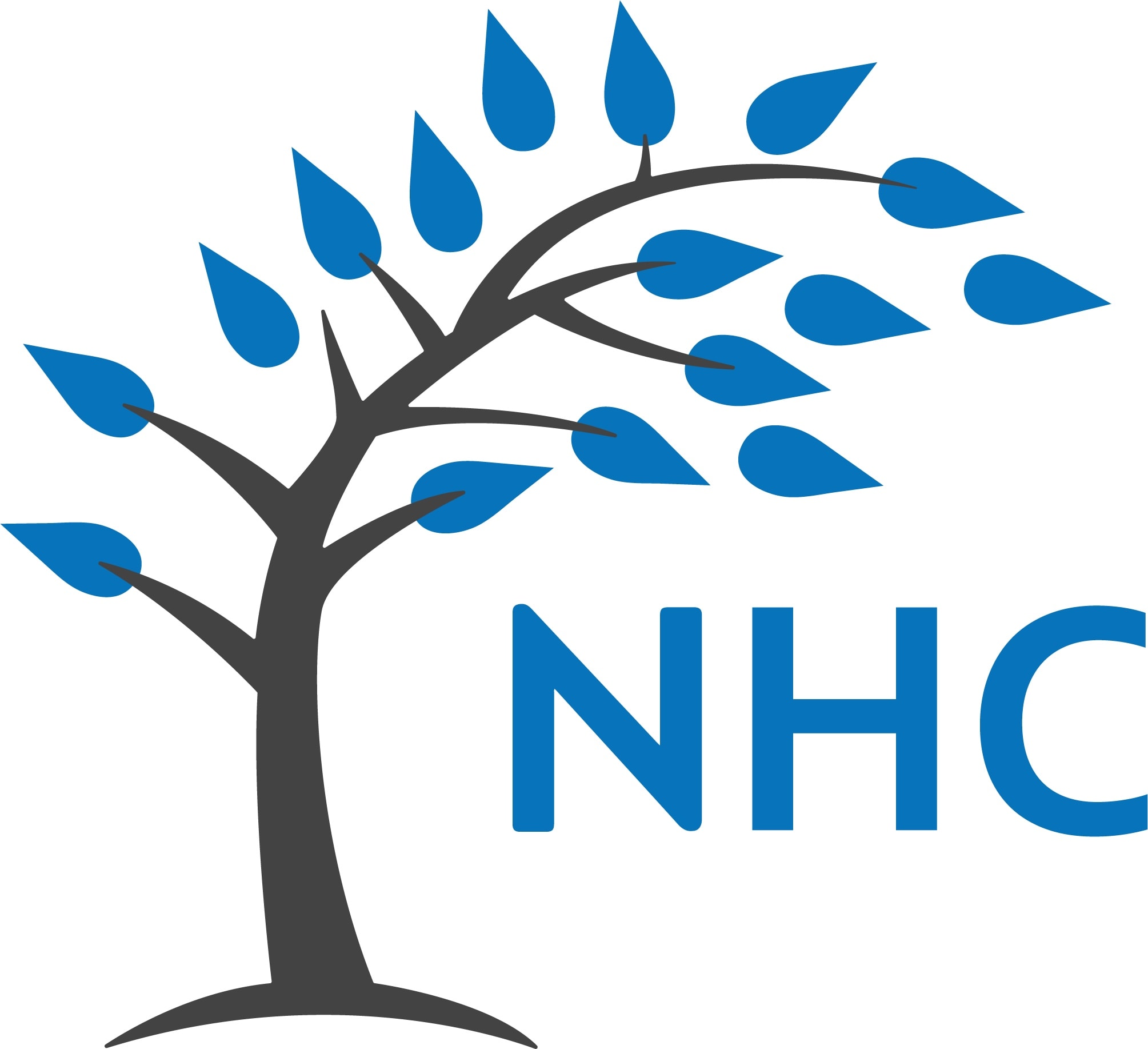Short courses
Take a short taster naturopathy course with the Natural Healthcare College
.
We have three great introductory courses for those who want a taste of a naturopathy course and who particularly would like self-help tips for your own personal interest.
Each course consists of two modules with an optional homework assignment. We award a Completion Certificate if you complete this within six months.
Nutrition for You – An Introduction to Naturopathic Nutrition £125
Many of today’s common health issues result from a remarkable number of similar weaknesses in the body. One factor in our daily lives that affects us all is our diet. With so much publicity in the media it would be hard for anyone to escape the frequently ‘headline-grabbing’ revelations about ‘unhealthy eating’. Over 2000 years ago in Ancient Greece, Hippocrates (acknowledged as the Father of Modern Medicine) said ‘Let food be your medicine and let medicine be your food’. This philosophy is as valid today as it was then. Without appropriate nutrition, bodies cannot thrive.
Inappropriate diet and/or lifestyle can contribute to many of today’s common health issues. This course includes digestive problems such as indigestion, constipation and diarrhoea; low energy levels; reducing the risk of premature ageing; nutritional approaches to alleviating PMT and menopause symptoms; the relationship between diet and stress; low immunity, and weight control problems.
This introductory naturopathy course will show you the difference appropriate nutritional intake makes, helping us to live a healthy life. Nutrition is a truly amazing subject: not only is it relevant in terms of our current health, but it is usually the best form of preventative medicine.
Students receive a Completion Certificate if they successfully submit assignments upon completion of the two modules.
Naturopathy for You – An introductory guide to naturopathic self-help £125
The fundamental principle of Naturopathy is the healing power of nature. Naturopathy is a system that places emphasis on health and how to promote it, rather than on disease and how to suppress it. Prevention is always preferable to cure.
Naturopathy aims to increase vitality so that individuals can dispel disease by means of their own self-healing mechanism. Disease is seen as the body’s response to challenges in the internal or external environment. Naturopathy places emphasis on the ‘Triad of Health’: biochemistry (how we feed the body to enable it to function efficiently), emotional wellbeing, and structure (posture and integrity of muscles and skeletal system).
Naturopathy offers a wide range of therapeutic approaches. This 100 page two-module naturopathy course provides a wealth of self-help techniques, based on both traditional Oriental medicine and modern Western biochemical approaches.
You will learn practical self-help approaches using nutrition, herbal medicine, aromatherapy, hydrotherapy, acupressure, postural adjustments, stress management, and Iridology (a highly efficient assessment technique that can help to identify root causes of health concerns).
Students receive a Completion Certificate if they successfully submit assignments upon completion of the two modules.
Herbs for You – An introduction to therapeutic uses of Herbs and Spices £75
The Oxford English Dictionary defines herbs as ‘plants of which the leaves, or stems and leaves, are used for food or medicine, or in some way for their scent or flavour’. This definition should also include flowers, fruits and roots. Throughout their history, there has been no clear division between the use of plants for food and for medicine.
Traditional systems of herbal medicine consider disease to be an imbalance, or disharmony, of the whole body. As such the emphasis is on resolving the underlying imbalance through a holistic approach to the body.
Herbs provide an effective form of medicine that we can use in various ways, but ultimately achieve their effectiveness by interacting with our body chemistry. As such, they’re a natural extension of a good diet. They are often ideal to restore homeostatic balance, the main difference between herbs and the isolated chemical drugs that are often derived from them.
The course works progressively through each system of the body, introducing you to relevant commonly available herbs. Additional topics include explanations about the safe use of herbs and their pharmacological actions.
Students receive a Completion Certificate if they successfully submit assignments upon completion of the two modules.
Contact Us
If you’d like to find out more about taking a short naturopathy course then please do get in touch using this contact form. If you’re ready to get started then you can contact us for an application form.
Download our Natural Healthcare College e-booklet
